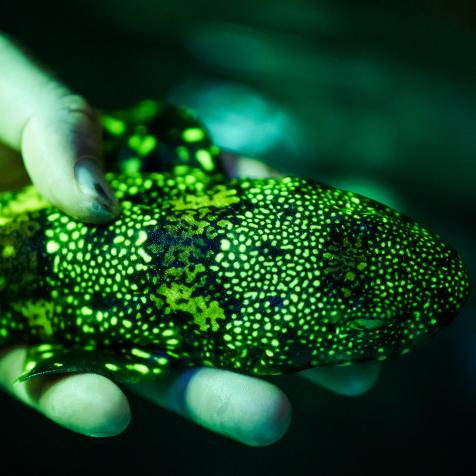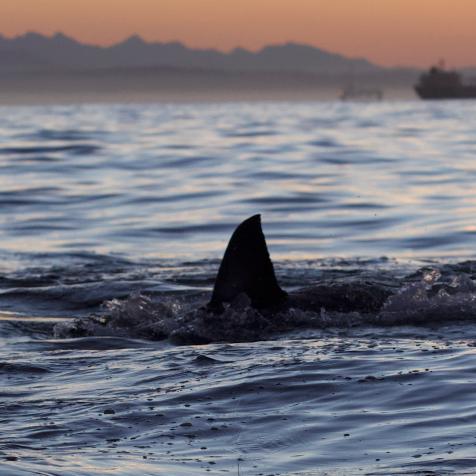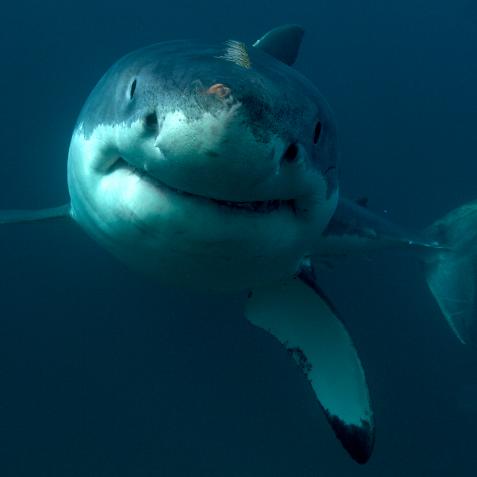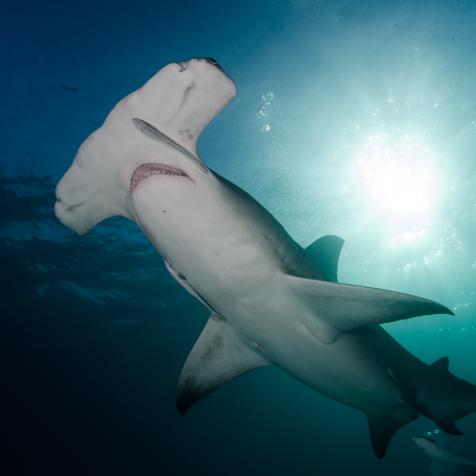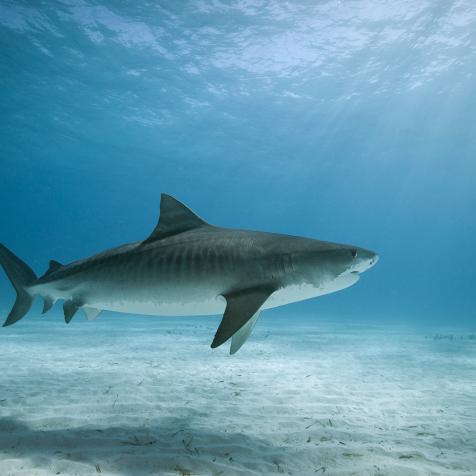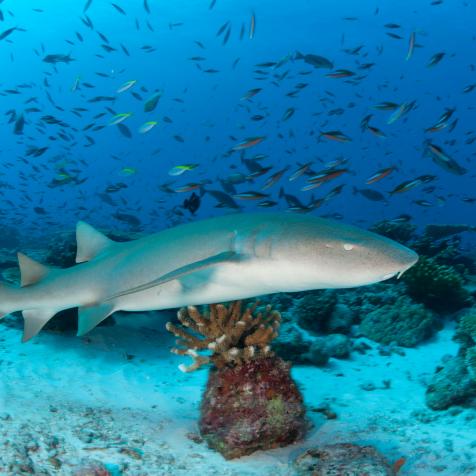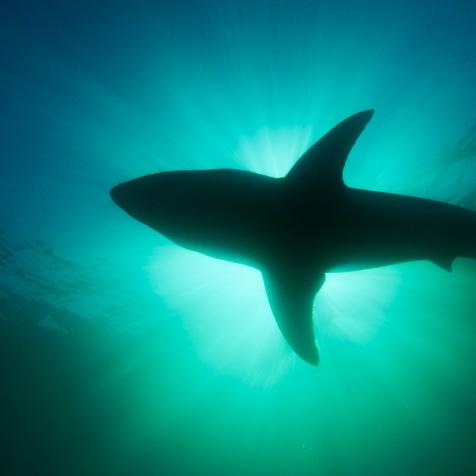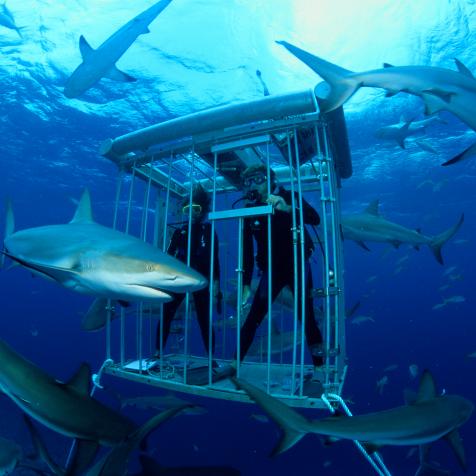
Curiosity Daily Podcast: Why Some Words Are More Memorable, How Hair Growth Works, and How Fish End Up in Landlocked Lakes
Learn about why some words are more memorable than others; how hair growth works; and how fish end up in landlocked lakes.
August 03, 2020
Episode Show Notes:
Brain study reveals why some words are more memorable than others by Kelsey Donk
- NIH study finds out why some words may be more memorable than others. (2020). EurekAlert! https://www.eurekalert.org/pub_releases/2020-06/nion-nsf062620.php
- Xie, W., Bainbridge, W. A., Inati, S. K., Baker, C. I., & Zaghloul, K. A. (2020). Memorability of words in arbitrary verbal associations modulates memory retrieval in the anterior temporal lobe. Nature Human Behaviour. https://doi.org/10.1038/s41562-020-0901-2
Hair growth, explained by Steffie Drucker
- Hair Loss: The Science of Hair. (2010, March 1). WebMD. https://www.webmd.com/skin-problems-and-treatments/hair-loss/science-hair#1
- Venton, D. (2015, April 21). The Big Question: Why Does Hair Grow in Some Places But Not Others? WIRED. https://www.wired.com/2015/04/hair-only-in-some-places/
- Feltman, R. (2016, July 19). Dear Science: Why does the hair on my head grow longer than the hair on my body? The Washington Post. https://www.washingtonpost.com/news/speaking-of-science/wp/2016/07/19/dear-science-why-does-the-hair-on-my-head-grow-longer-than-the-hair-on-my-body/?arc404=true
- Curiosity. (2018). How Does Hair Growth Work? [YouTube Video]. In YouTube. https://www.youtube.com/watch?v=iBhmxVeJZ-I
- SciShow. (2015). How Does Hair Know When to Stop Growing? [YouTube Video]. In YouTube. https://www.youtube.com/watch?v=rf6BnOLb5xs
- Martin, R. D. (2016) Beauty and the Beard. Psychology Today. https://www.psychologytoday.com/us/blog/how-we-do-it/201802/beauty-and-the-beard
Fish eggs migrate to landlocked lakes via bird poop by Grant Currin
- Koumoundouros, T. (2020). We May Finally Know The Extreme Route Fish Take Through Air to Colonise New Lakes. ScienceAlert. https://www.sciencealert.com/squishy-fish-eggs-can-survive-harrowing-journeys-through-duck-guts
- Lovas-Kiss, Á., Vincze, O., Löki, V., Pallér-Kapusi, F., Halasi-Kovács, B., Kovács, G., Green, A. J., & Lukács, B. A. (2020). Experimental evidence of dispersal of invasive cyprinid eggs inside migratory waterfowl. Proceedings of the National Academy of Sciences, 117(27), 15397–15399. https://doi.org/10.1073/pnas.2004805117
- Silva, G. G., Weber, V., Green, A. J., Hoffmann, P., Silva, V. S., Volcan, M. V., Lanés, L. E. K., Stenert, C., Reichard, M., & Maltchik, L. (2019). Killifish eggs can disperse via gut passage through waterfowl. Ecology, 100(11). https://doi.org/10.1002/ecy.2774
- Dispersal of fish eggs by water birds – just a myth? (2018). ScienceDaily. https://www.sciencedaily.com/releases/2018/02/180219103258.htm
- [Curiosity Daily Episode] Remembering Words on the Tip of Your Tongue, Parkways vs. Driveways, and A Flapping Spacecraft to Explore Venus https://www.curiositydaily.com/remembering-words-on-the-tip-of-your-tongue-parkways-vs-driveways-and-a-flapping-spacecraft-to-explore-venus/
Subscribe to Curiosity Daily to learn something new every day with Cody Gough and Ashley Hamer. You can also listen to our podcast as part of your Alexa Flash Briefing; Amazon smart speakers users, click/tap “enable” here: https://www.amazon.com/Curiosity-com-Curiosity-Daily-from/dp/B07CP17DJY
Next Up
Shark Week: The Podcast - How Many Sharks Are Yet to Be Discovered?
Luke Tipple is joined by Shark Week host and all-around adventurer Forrest Galante. They discuss his upcoming special Alien Sharks: South Africa, Forrest’s remarkable talent for finding creatures once believed to be extinct, and how many shark species may still be unknown. Then, our researcher Sierra stops by to tell us about the world’s most prehistoric shark.
Shark Week: The Podcast - Shipwrecked & Surrounded by Sharks
This week, we do things a little differently, as Shark Week’s Luke Tipple invites Adventure Aaron into the podcast studio to talk about his incredible near-death experience on the open water. Adventure Aaron gets into what it takes to circumnavigate the world in an ocean rowboat, what it’s like to stare eye-to-eye with an oceanic white tip that probably wants you for lunch, and everything else that happened to him when his boat was capsized, and he was lost by himself at sea.
Shark Week: The Podcast - Did Alien Tech Crash-Land into the Ocean?
Host Luke Tipple is joined this week by renowned Harvard professor, Dr. Avi Loeb, who recently led a deep-sea expedition to discover if evidence for advanced alien life crash-landed off the coast of Papua New Guinea in 2014. They discuss the recent Congressional UFO hearings, how the last seventy years of research into extraterrestrial life has been potentially misguided, and the challenges of searching for tiny objects on the bottom of the ocean.
Shark Week: The Podcast - Why is Tagging Baby Great White Sharks So Important?
Luke Tipple speaks with Dr. Riley Elliott, a marine biologist from New Zealand who recently tagged baby great white sharks, which are rarely seen in the wild. They talk about how climate change is affecting shark pupping grounds, why fishers are wrong to think there are “too many sharks,” and about Dr. Elliott’s Great White App, which allows users to track great white sharks in the ocean.
Shark Week: The Podcast - Lights! Camera! TEETH! Making Shark Docs
Shark Week’s Luke Tipple is joined by longtime filmmaker and Emmy-award-winner Andy Casagrande. He’s filmed and appeared in dozens of shark documentaries, and might just be the most prolific shark cinematographer in history. He talks with Luke about his career, the contentious term “shark porn,” and the future of the industry. And at the end, our researcher Sierra talks about the unprecedented ways that sharks are currently endangered.
Shark Week: The Podcast - How Did a Shark Encounter Survivor Become an Advocate for Their Protection?
Shark Week’s Luke Tipple welcomes professional photographer Mike Coots, who lost his leg to a tiger shark attack when he was only 18. But after his horrific injury, he came to love sharks, and became a lifelong advocate for their safety. Luke and Mike discuss his career, his love for photographing sharks, and how to positively approach the big life-changing moments that can happen to any of us.
Shark Week: The Podcast - How Smart Are Sharks?
The discussion turns this week to sharks’ intelligence, and how it varies among species. Host Luke Tipple is joined by Dr. Tristan Guttridge, a behavioral ecologist and veteran of Shark Week whose research has tackled the social smarts, and even personalities, of different kinds of sharks. He sheds light on why we shouldn’t just think of them as dumb fish with rows of razor-sharp teeth. And at the end, our researcher Sierra Kehoe tells us about shark hypnosis.
Shark Week: The Podcast - How Shark Fishing Funds Human Trafficking
Luke Tipple is joined by Pulitzer Prize-winning journalist and author of the Outlaw Ocean Ian Urbina, who has dedicated his life to chronicling crime on the high seas. They discuss the state of our world’s oceans, how nearly 20% of your seafood was likely caught illegally, and the surprising link between modern slavery and the killing of sharks.
Shark Week: The Podcast - Undiscovered Sharks and the State of the Ocean
Luke Tipple invites “The Lost Shark Guy,” Dr. Dave Ebert, who is personally responsible for finding dozens of shark species that were either previously unknown to science or thought to be extinct. He and Luke discuss why shark populations are a direct indicator of how healthy the ocean is, how to find undiscovered sharks, and why diversity in sharks is essential for marine life.
Shark Week: The Podcast - Superstar Kesha Lifts the Gag Order on Saving Sharks
Pop superstar Kesha joins Shark Week’s Luke Tipple on the podcast to discuss her love of sharks, how her music funds her addiction to diving, and how you can find inner peace while under the water. And at the end, our researcher Sierra drops in to tell us that some sharks have teeth in their eyes.











